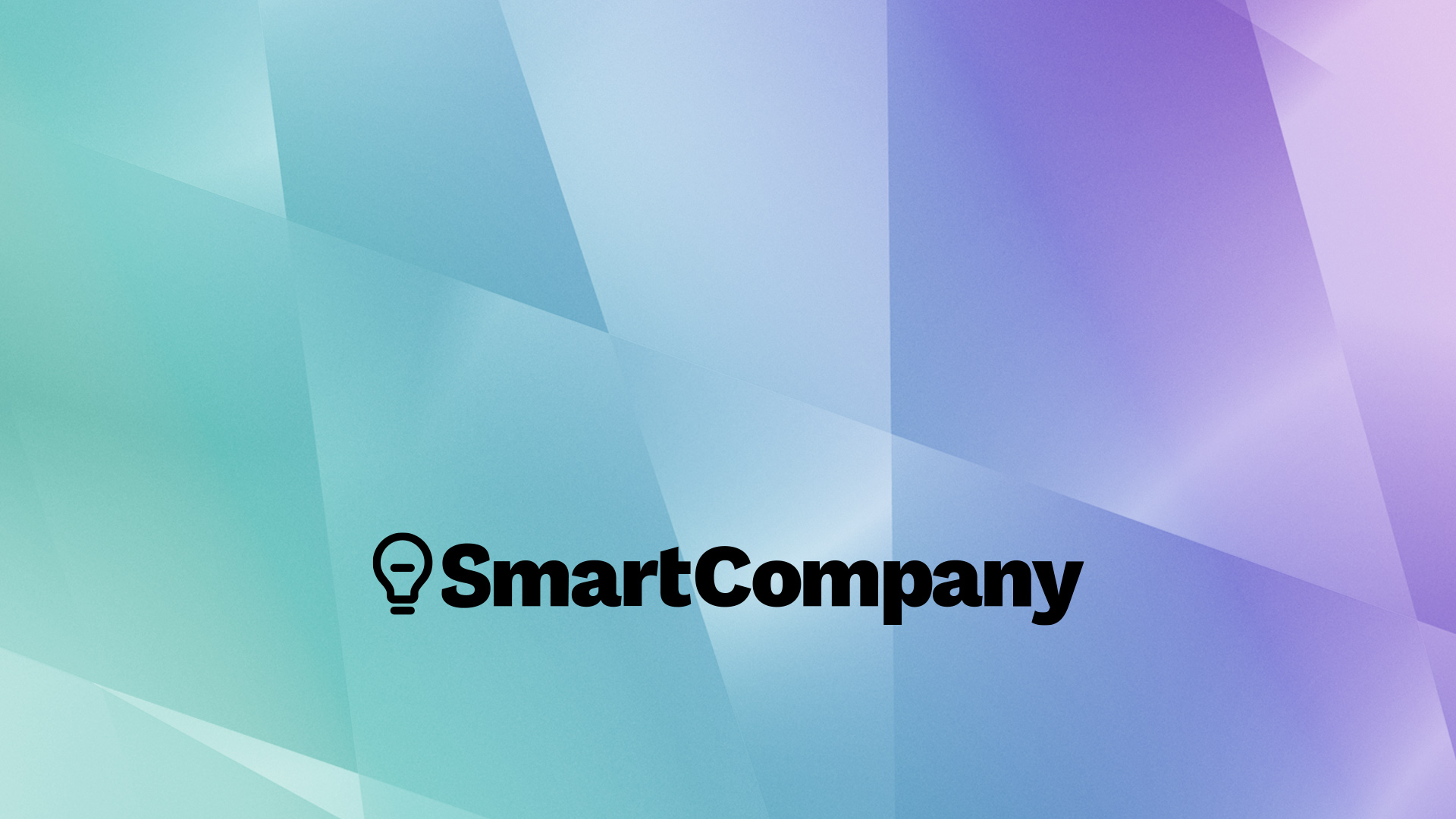The Commonwealth Bank appeared before a senate inquiry into the banking sector yesterday to deny that it had sought to liquidate Bankwest customers to reduce the purchase price paid for Bankwest.
The inquiry was told that Bankwest was “essentially insolvent” and made high-risk investments before it was sold to Commonwealth Bank.
The CBA bought Bankwest from HBOS for $2.1 billion in 2008.
Complaints were later made that the CBA unfairly terminated Bankwest loans and liquidated customers’ assets even though their businesses could have been saved.
WA Liberal Senator Alan Eggleston told the Senate inquiry yesterday it appeared the CBA engaged in a “brutal, systemic” approach to its customers.
The founder of lobby group Unhappy Banking, Geoff Shannon, had lobbied for the Senate inquiry and said yesterday that business collapses including the recent receivership of The Sando hotel in Sydney were victims of the CBA’s approach.
“It is very complicated, but effectively we believe Commonwealth Bank reviewed the Bankwest commercial loan book to clear over 1,000 loans that were outside Commonwealth’s lending guidelines.
“They didn’t just shift the goalposts, they took them away.”
However, David Cohen, group general counsel at the CBA, told the inquiry he could say “categorically” that CBA had not gained a commercial benefit from putting some Bankwest commercial loans into default, allowing CBA to recoup subsequent losses from HBOS.
“I would like to strongly refute a misconception, held by some parties and reported in the media, that CBA stood to benefit from ‘clawback’ provisions in the Bankwest purchase arrangements with HBOS,” Cohen said.
He said the “so-called” clawback arrangements were “straightforward” and, put simply, the purchase price paid by the CBA could increase or decrease depending on the number of distressed loans at the time it completed the acquisition on December 18, 2008.
“CBA could only reduce the purchase price for loans that were distressed at the time of sale at December 18, 2008,” Cohen told the inquiry.
“Any loans that became distressed after the purchase date became a liability for Bankwest and CBA had no right to recoup related losses from HBOS.”
Bankwest is presenting evidence to the committee today.
A Bankwest spokesperson told SmartCompany the bank had not acted inappropriately.
“The situation of individual customers who have lodged submissions is unfortunate and the bank does not wish to downplay the impact that financial difficulty has had on them. However, we maintain that the cause of the difficulties experienced by a limited number of customers arose from a combination of economic factors and was not as a result of any inappropriate actions of the bank,” she said.
“When customers do sometimes face financial difficulties, the bank’s overriding priority is to work closely with them on a case-by-case basis.
“As the inquiry is ongoing, it would be inappropriate to comment further.”








